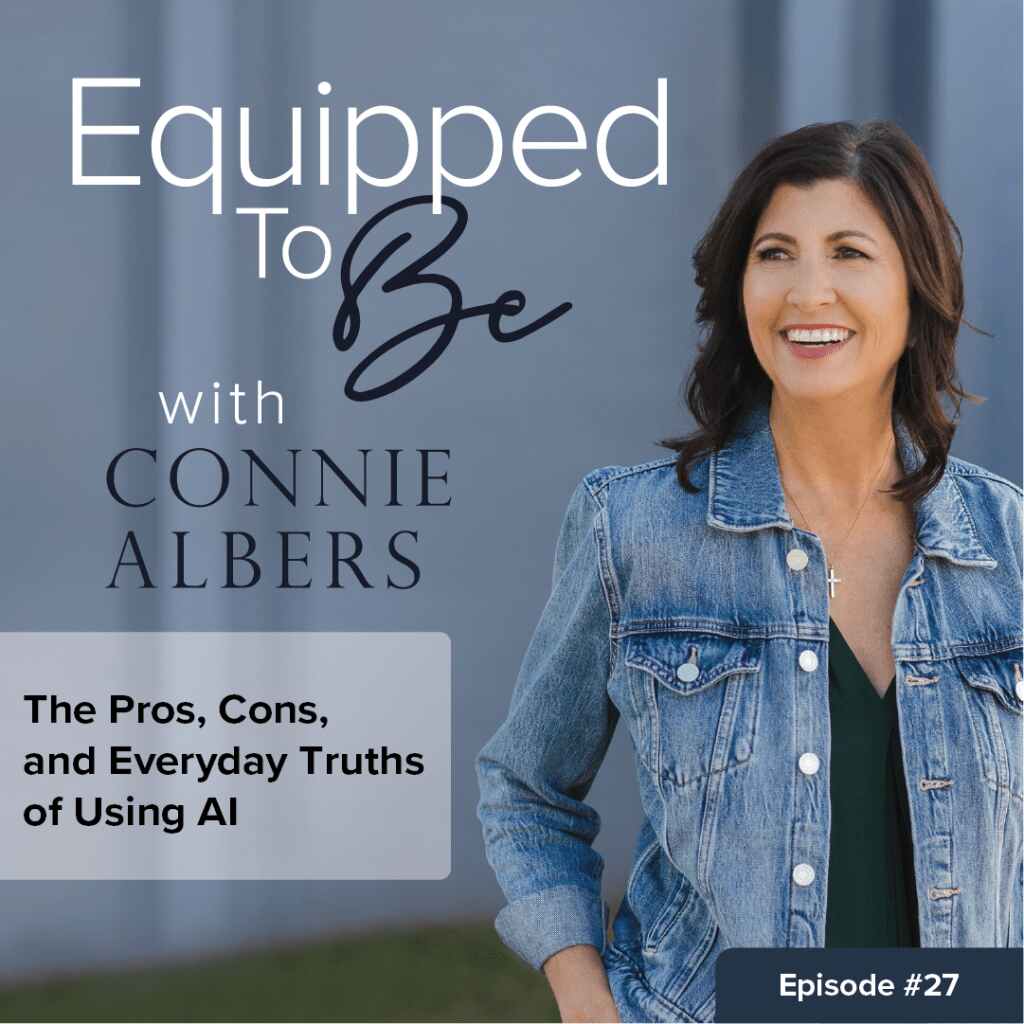The Pros, Cons, and Everyday Truths of Using AI that will help you. Life, as we know it, is changing faster than we can keep up.
From writing emails to helping with homework, AI tools like ChatGPT have quickly become part of everyday life. If you’re in your thirties, you’re probably noticing how often people around you are turning to AI, and maybe you’re experimenting with it yourself. But while the benefits are real, so are the pitfalls.

Artificial intelligence isn’t just a buzzword anymore; it’s a daily reality. Let’s explore the how and why behind AI use. And walk through the pros, cons, and a few tips to help you use it wisely.
Why People Under 35 Are Turning to AI
Younger generations are adopting AI at a rapid rate. Did you know that nearly half of adults under 35 have used tools like ChatGPT, Google’s Gemini, and X Grok in the past month? The reasons are clear:
- Convenience: It saves time with everyday tasks.
- Accessibility: Answers are available 24/7 without waiting for a person.
- Creativity: AI sparks new ideas for work, family, and personal projects in less time.
Whether it’s drafting a quick work email, planning meals, or even helping kids study, AI has become a trusted companion. However, just because people are using it more doesn’t mean it should replace critical thinking or asking others for advice. That’s where the conversation shifts: from why people use AI to what it can and can’t do well.
The Pros of Using AI in Everyday Life
When used well, AI can feel like having an extra set of hands that helps you save time, spark creativity, and make everyday tasks more manageable.
When AI works effectively, it can assist with various tasks. With a single prompt, it can:
- Save hours by drafting documents or summarizing research
- Clarify complex topics so you can understand them quickly
- Brainstorm creative ideas when you’re stuck
- Offer a neutral sounding board for decision-making
For busy thirty-somethings juggling work, family, and personal goals, these benefits are game-changing. Yet even as we enjoy the upside, it’s important to look at the other side of the coin.
The Cons You Can’t Ignore
AI doesn’t always get it right. I know this from experience. I once relied on AI to verify some research I was doing. It sounded confident, but the information turned out to be completely wrong. That was a humbling reminder that confidence doesn’t equal accuracy.
Some of the most common pitfalls include:
- Misinformation: Outdated or incorrect answers stated as fact.
- Lack of nuance: Missing the human touch in sensitive situations.
- Overreliance: Outsourcing too much thinking to a tool.
- Privacy risks: Sharing personal or sensitive data without realizing the implications.
Because of these risks, it’s critical to move from blind trust toward intentional use. That leads us to the practical side: how to use AI wisely.
Truths for Using AI Wisely
AI can be one of the most helpful tools in your daily life, but only if you use it thoughtfully. Too often, people either lean on it too heavily or trust it without question. To avoid those traps, here are four strategies that will help you make AI work for you instead of against you.
Always Fact Check
AI can sound incredibly confident even when it’s completely wrong. That’s why every answer it gives should be treated as a first draft or a launching point. If you’re quoting statistics, referencing a study, or sharing advice with others, take the extra step to confirm the details with reliable sources, whether that’s a trusted website, an official report, or a professional in the field. Think of AI like that enthusiastic friend who always has an answer. You appreciate their input, but you double-check before acting on it.
Use AI for Ideas, Not Decisions
AI can be fantastic for brainstorming, whether you’re stuck on a budget tracker, planning a family trip, or needing new ways to explain a math concept to your child. It can offer fresh perspectives you may not have considered. But the actual decision-making still belongs to you. Only you bring life experience, values, and discernment to the table. Let AI spark creativity, but keep yourself in the driver’s seat when it comes to choices that affect your life, family, or work.
Protect Your Privacy
It’s easy to forget that AI tools don’t operate in a vacuum. The information you type in may be stored, analyzed, or used to improve systems, and that means sensitive details could end up in places you don’t intend. Avoid sharing things like banking information, personal medical records, or identifying details about your children. As a rule of thumb, if you wouldn’t want it written on a public whiteboard, don’t paste it into AI.
Using AI wisely also means setting healthy boundaries with your data.
Teach Your Kids Safe AI Use
For many kids, AI feels like an easy button answer machine. But without guidance, they may copy responses word-for-word or accept incorrect information as truth. Use their curiosity as a teaching moment.
Sit with them, ask them to explain why an answer makes sense (or doesn’t), and show them how to cross-check information with books, teachers, or trusted resources.
By modeling safe, critical use of AI, you equip your children with skills they’ll carry into adulthood—discernment, responsibility, and integrity.
Final Thoughts: AI as a Tool, Not a Teacher
So, is AI a friend or a foe? Honestly, it depends on how you use it. When we combine its strengths with our wisdom, AI can be a powerful tool. But when we hand over too much trust, it can lead us astray.
Here’s what I’d love from you: share this episode with someone in your life who’s curious—or maybe even skeptical—about AI. Start a conversation. Because the truth is, we’re all figuring this out together.
And remember, no matter how advanced AI gets, nothing can replace the wisdom, creativity, and heart you bring to your own life.
Sponsors, Related Shows, and Links
The following may contain affiliate links:
- Parenting Beyond the Rules: Raising Teens with Confidence and Joy by Connie Albers
Related Episodes
How to Connect with Connie
- Follow Connie Albers on Instagram | Facebook |X | Pinterest
- Learn more about Connie’s book, Parenting Beyond the Rules.
- Learn more about the Equipped To Be podcast
Subscribe to Equipped To Be
If you find this podcast helpful, please consider subscribing and leaving a review. It’s a great way to support the show and only takes a few seconds.


